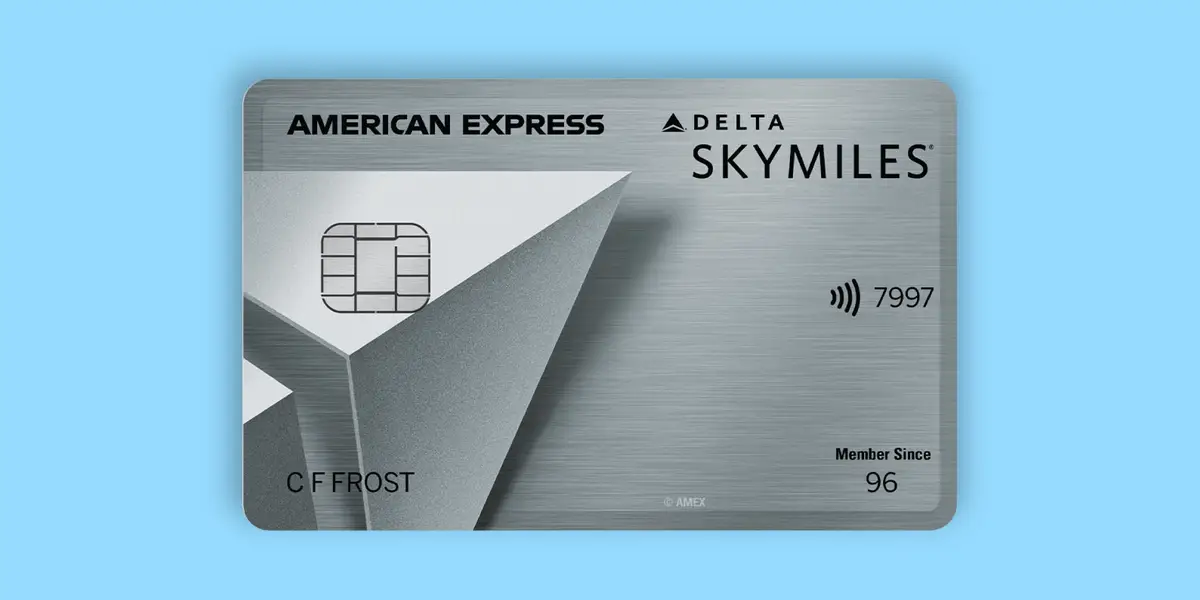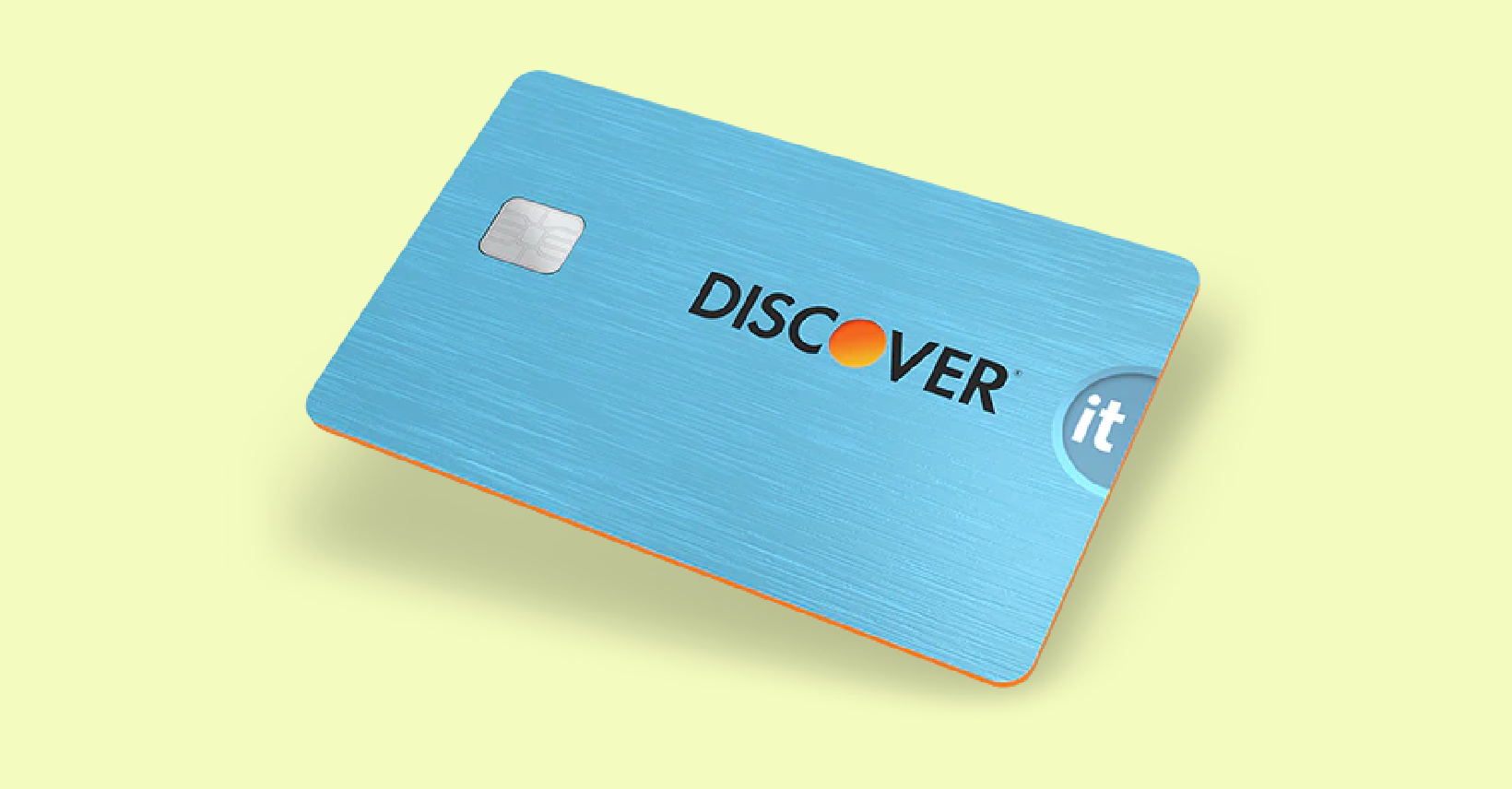The Pros and Cons of Credit Cards: What to Consider Before Applying for One

Understanding Credit Cards: Advantages and Disadvantages
In today’s financial landscape, credit cards have emerged as one of the most flexible and widely accepted methods of payment. However, they carry with them significant implications for your personal finance. Before diving into the world of credit cards, it’s crucial to recognize the benefits and pitfalls they present, allowing you to make an informed choice tailored to your financial well-being.
Advantages of Credit Cards
- Convenience for online and in-store purchases: Credit cards simplify transactions by eliminating the need to carry cash or write checks. Whether shopping online for the latest gadgets or dining at your favorite restaurant, credit cards facilitate quick payments and often come with additional security features like fraud protection.
- The potential for earning rewards or cash back: Many credit cards offer reward programs that grant points for every dollar spent, which can be redeemed for travel, merchandise, or even cash back. For instance, a traveler might use a card that provides 2x points on airline purchases. Accumulating these points can lead to significant savings on future travel expenses.
- Building and maintaining a credit score: Consistent and responsible use of a credit card can positively impact your credit score. A strong credit score is crucial for securing favorable loan terms when you need to borrow for a house or car. Paying off your balance regularly ensures that you demonstrate reliability to lenders.
Disadvantages of Credit Cards
- High interest rates if balances are not paid in full: One of the most significant drawbacks of credit cards is the potential for high-interest rates. If you carry a balance, interest can accumulate rapidly, leading you to pay much more than the original amount spent. For example, a $1,000 balance with an interest rate of 20% can cost you over $200 in interest if not paid off within a year.
- The risk of accumulating debt quickly: Credit cards can provide a false sense of financial security. An enticing line of credit might lead to overspending on non-essential items, resulting in a burden of debt. It’s easy to forget that this is borrowed money that needs to be repaid.
- Potential for damaging credit scores with late payments: Timely payments are essential for maintaining a good credit score. Missing payments can significantly hurt your score and lead to higher interest rates on future loans. For individuals seeking to make large purchases in the future, like buying a home, a poor credit score can severely limit their options.
Given these factors, it becomes clear that understanding your spending habits and financial situation is paramount before acquiring a credit card. While credit cards offer benefits such as flexibility and rewards, they also pose risks that, if mismanaged, can lead to long-lasting financial challenges. In this article, we will explore these advantages and disadvantages in greater detail, equipping you with the knowledge necessary to navigate credit responsibly.
DISCOVER: Click here to uncover innovative financing strategies
Assessing the Benefits of Credit Cards
Understanding the advantages of credit cards can significantly influence your decision to apply for one. These benefits go beyond just convenience; they can also improve your financial standing and provide valuable perks. Exploring these benefits can help you make more informed choices about managing your finances.
Key Benefits of Credit Cards
- Enhanced Financial Flexibility: Credit cards can give you the ability to make larger purchases without immediately impacting your cash flow. For instance, if your refrigerator breaks down unexpectedly, having a credit card allows you to buy a new one without needing to save up cash first. This flexibility is especially useful for those facing unforeseen emergencies. Many families appreciate the ability to cover essential expenses, like car repairs or medical bills, while still maintaining their regular budget.
- Protection Against Fraud: Using a credit card can offer you peace of mind, as most credit card companies provide strong fraud protection measures. They monitor transactions for suspicious activity and allow you to report unauthorized charges. If you notice a fraudulent transaction, contacting your credit card issuer quickly can often result in not being held responsible for those charges, provided you act promptly. This protection is a stark contrast to debit cards, where funds are withdrawn directly from your bank account, making it more challenging to recover stolen money.
- Dispute Resolution: If an issue arises with a product or service, credit cards typically offer a process to dispute charges. For example, if you receive a damaged item after making an online purchase, your credit card company may assist you in contesting the charge. This feature can be invaluable, ensuring you don’t end up paying for something that did not meet your expectations or was never delivered, enhancing the buyer’s experience and trust in online shopping.
- Emergency Funds: While it’s generally not advisable to rely on credit cards for everyday expenses, they serve as a financial safety net in urgent situations. For example, if an unexpected expense arises, such as a medical emergency or urgent home repair, having credit available can help you avoid short-term financial crises. You can use the card to manage these immediate needs while planning how to pay it off, giving you that crucial time to sort out your finances without panic.
- Perks and Benefits: Many credit cards come with additional perks such as travel insurance, extended warranties, and purchase protection. For individuals who travel frequently, certain cards offer benefits such as priority boarding, free checked luggage, and even complimentary access to airport lounges. These perks not only enhance your travel experience but can also save you money on services you would typically pay for, making credit cards an attractive option for savvy travelers.
Given these benefits, credit cards can be a valuable financial tool for many consumers. However, it is crucial to balance these advantages with potential downsides, as misusing a credit card can lead to significant financial pitfalls, including high-interest debt. By understanding both the advantages and disadvantages of credit cards, you will be better equipped to make informed decisions that suit your financial needs and goals.
DIVE DEEPER: Click here to learn more
Weighing the Drawbacks of Credit Cards
While credit cards offer a range of attractive benefits, it is essential to also consider the potential downsides before applying. Understanding these drawbacks can help you avoid common pitfalls associated with credit card use and empower you to make smarter financial choices.
Key Disadvantages of Credit Cards
- High-Interest Rates: One of the most significant drawbacks of credit cards is their high-interest rates, which can vary widely depending on your creditworthiness and the terms of the card. If you carry a balance from month to month, the interest can quickly accumulate, leading to a cycle of debt that is difficult to escape. For example, if you have a credit card debt of $1,000 with an interest rate of 20%, you could end up paying over $200 in interest if it takes you a year to pay it off. Understanding your card’s rates can help you avoid such a scenario.
- Debt Accumulation: The convenience of credit cards can lead to overspending, as it is easy to lose track of how much you are charging. Many people find themselves accumulating debt that exceeds their ability to pay it back. This can create financial stress and damage your credit score if late payments or missed payments occur. Developing a budget that clearly outlines your income and expenses can help prevent this common trap.
- Impact on Credit Score: While responsible use of credit cards can improve your credit score, mismanagement can do just the opposite. Factors such as high credit utilization ratios, late payments, and defaulting on payments can significantly lower your score. For instance, if your credit card balance exceeds 30% of your available credit limit, it can negatively impact your creditworthiness, making it harder to obtain loans or favorable interest rates in the future.
- Fees and Penalties: Credit cards often come with various fees, such as annual fees, late payment fees, and foreign transaction fees. These costs can add up quickly and undermine the potential benefits of using a credit card. For example, failing to make a payment on time can result in a fee of around $25 or more, effectively squandering the rewards you may have earned through your spending. Always read the terms and conditions carefully to understand what fees may apply.
- Dependency on Credit: Over-reliance on credit cards can promote a unhealthy spending mentality. Rather than saving for purchases, individuals may be tempted to charge items to their cards, leading to financial dependency on credit rather than building savings. This pressure can create obstacles for long-term financial stability, making it essential to approach credit card use with discipline and a clear sense of your financial capabilities.
Identifying both the advantages and disadvantages of credit card ownership is pivotal in making an informed decision. A clear understanding of the potential pitfalls can help you navigate the credit landscape effectively, ensuring that you leverage the benefits of credit cards without falling into common traps.
LEARN MORE: Click here to discover the full guide
Final Thoughts on Credit Card Use
In conclusion, navigating the world of credit cards involves a careful balancing act between understanding their benefits and recognizing their potential drawbacks. Credit cards can be powerful tools to build credit history, earn rewards, and manage unexpected expenses. However, they come with risks that may lead to significant financial challenges if not handled wisely.
Credit cards offer a variety of advantages. For example, they can help you build a credit history, which is essential for obtaining loans or mortgages in the future. A good credit score makes you eligible for lower interest rates and better financing options. Furthermore, many credit cards provide rewards programs that enable users to earn points or cashback on their purchases. For instance, some cards offer 2% cashback on groceries and 1.5% on other purchases, translating into substantial savings over time, especially for regular shoppers.
Nevertheless, it’s crucial to recognize the risks that accompany credit card use. One of the most significant issues is the prevalence of high-interest rates. If you carry a balance, these rates can lead to overwhelming debt accumulation that is difficult to escape. For instance, if you owe $1,000 on a card with a 20% APR and only make minimum payments, you could end up paying hundreds of dollars in interest over time. Additionally, missed payments can severely impact your credit score, leading to long-term consequences for your financial health.
To navigate credit card use wisely, consider adopting responsible spending habits. Start by creating a monthly budget that includes your projected expenses and stick to it. Regularly monitoring your account can alert you to any unauthorized transactions and help you stay on track with your spending. Furthermore, aim to pay off your balance in full each month to avoid interest charges, thereby utilizing your card as a means of convenience rather than a source of debt.
Before applying for a credit card, assess your financial situation thoroughly. Consider your ability to manage the responsibilities that come with having a credit card. By making informed decisions and weighing the pros and cons, you can take full advantage of the benefits while minimizing the potential pitfalls. Remember, when used judiciously, credit can greatly enhance your financial journey, paving the way for a more secure and prosperous future.


